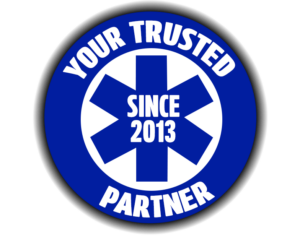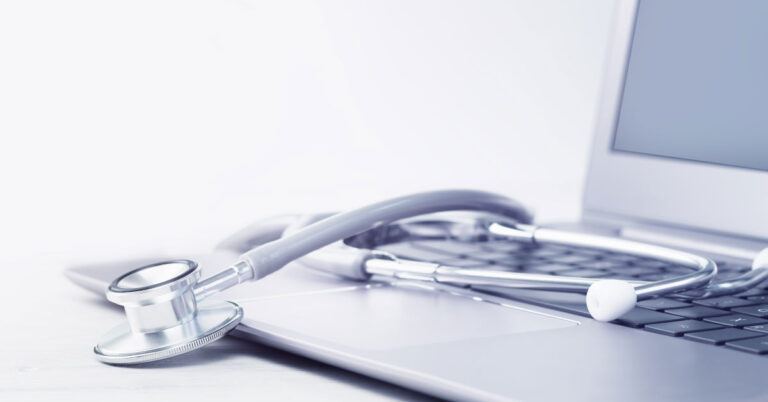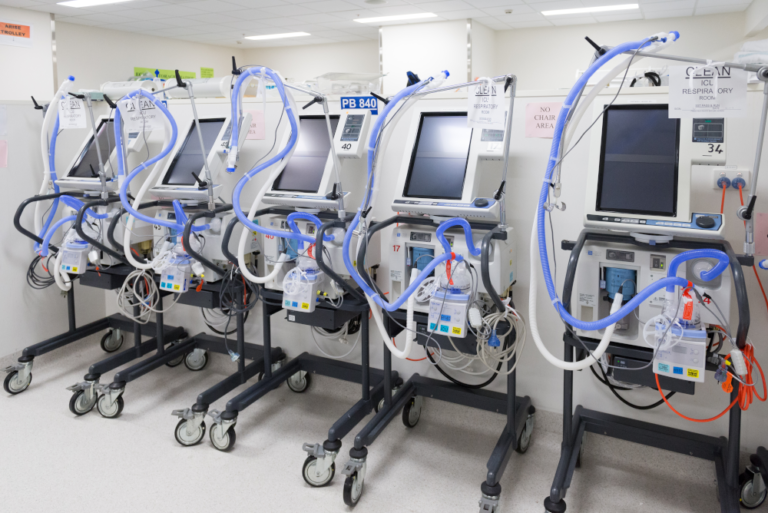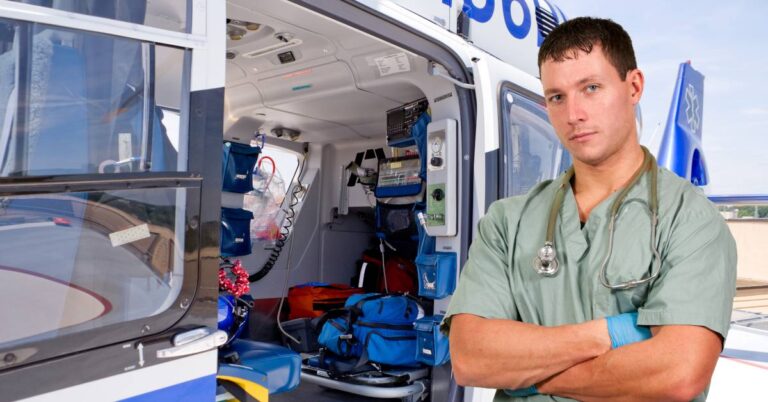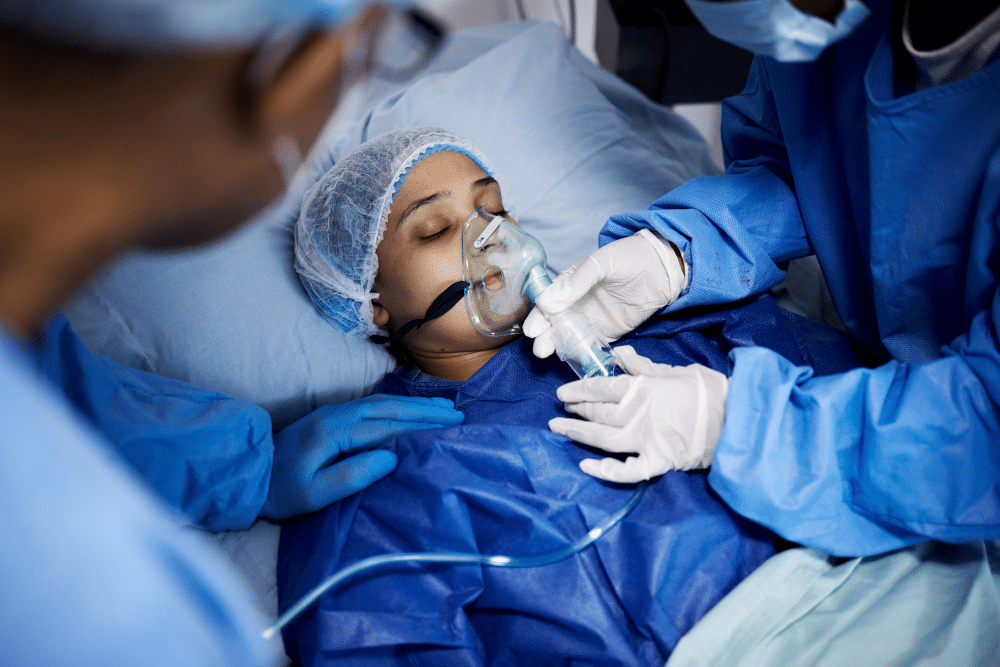
Ensuring Patient Safety through Rigorous Testing and Calibration of Medical Devices
Every patient deserves the highest standard of care. But how can you ensure this if the very devices you rely on for diagnoses and treatments aren’t up to par? As a medical professional, you are responsible not just for using high-quality medical equipment but also for guaranteeing its accuracy and reliability through testing and calibration.
Let’s dive into the significance of the rigorous testing and calibration of these devices to ensure patient safety.
Why Testing and Calibration Matter
Every piece of medical equipment, whether a simple blood pressure monitor or a complex MRI machine, plays a vital role in diagnosis and treatment. Ensuring these devices are accurate is non-negotiable, and testing them is the first step.
Testing ensures the device operates as the manufacturer intended, without glitches, and can handle real-world scenarios. The more rigorous the testing, the greater the assurance you have of its reliability in critical moments. Regularly scheduled testing also identifies wear and tear, ensuring timely maintenance or replacement.
Meanwhile, calibration adjusts devices to maintain precision, guaranteeing they provide consistent and trustworthy results. Even the most advanced devices can drift from their intended accuracy over time.
By periodically calibrating your equipment, you align it with established standards to ensure these devices provide accurate readings. Calibration ensures consistent performance and extends the device’s lifespan, providing you with long-term value and patient safety.
The Direct Link: Calibration and Patient Safety
When medical equipment gives erroneous readings or malfunctions, it can lead to misdiagnoses, inappropriate treatments, or potentially life-threatening situations. For instance, imagine the repercussions of an incorrectly calibrated infusion pump delivering an incorrect dosage.
Or a scenario where a patient monitor provides a false reading, leading to a potential misdiagnosis. Calibration eliminates such risks, making it an indispensable aspect of patient safety. By calibrating medical equipment, you mitigate risks, ensuring patients receive the right care at the right time.
Ensuring Patient Safety With Quality Medical Equipment
In the realm of medical care, there’s no room for error. Patient safety is paramount, and ensuring this requires that every piece of medical equipment function impeccably. This is where rigorous testing and calibration come into play.
If you are an emergency services provider, your equipment choices play a pivotal role in this narrative. Coast Biomedical Equipment stands as a trusted source of quality and reliable biomedical equipment, both new and refurbished. Contact us today for all your medical equipment needs.

